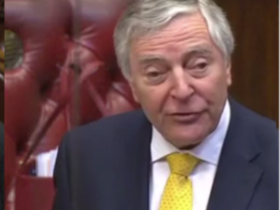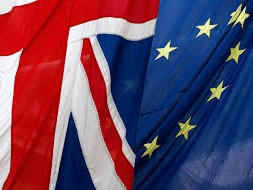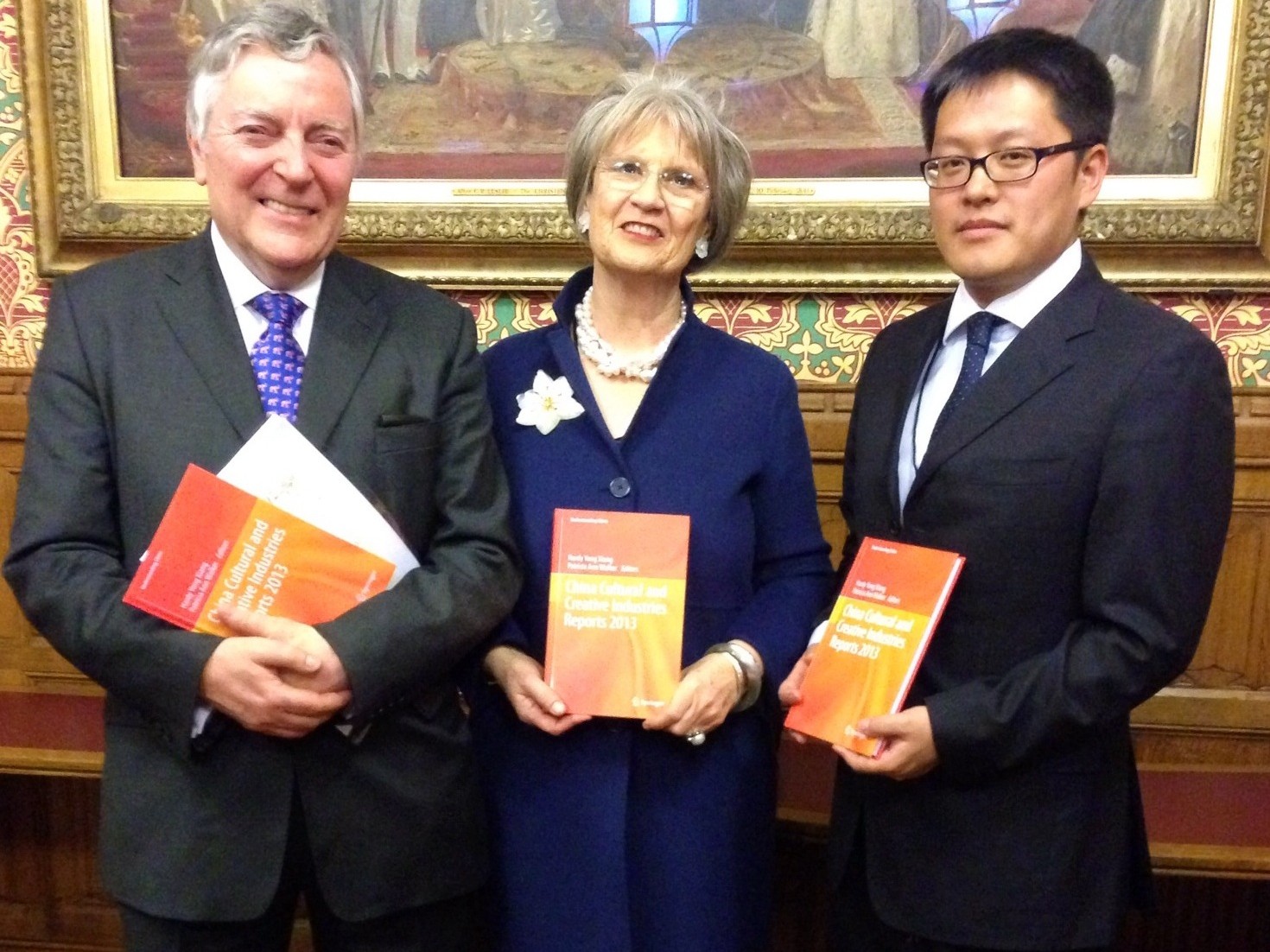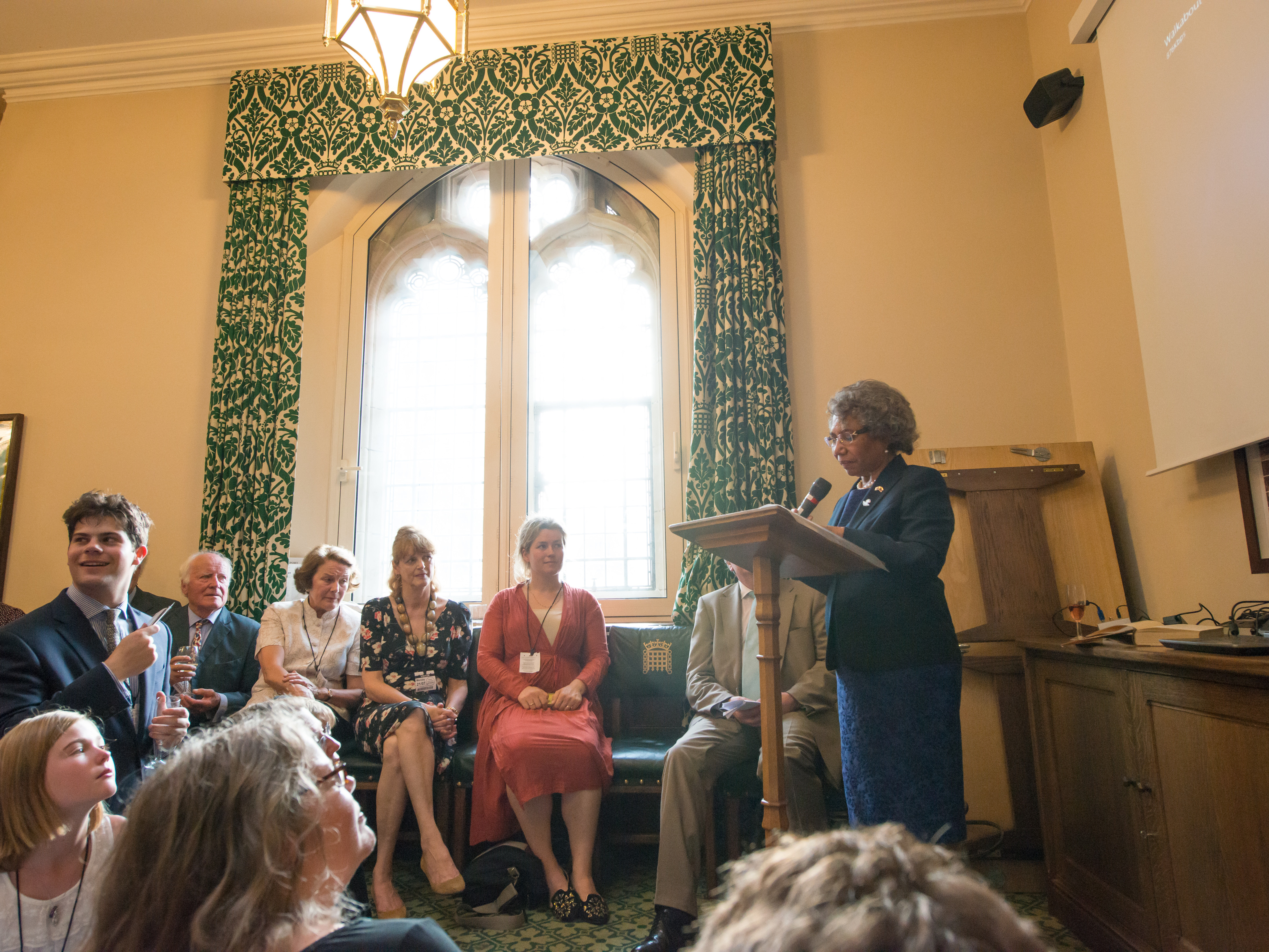Here is a piece I wrote for the House Magazine recently.
Freedom of Movement and the Creative industries
Our creative industries are of ever growing importance to the UK economy quite apart from their cultural value. Worth £87bn to the UK economy, they are growing three times as fast as other sectors of the economy and account for nearly 2 million jobs. They have massively benefited from our membership of the EU.
As witnesses from the creative services sector recently underlined to the House of Lords EU Select Committee looking at the impact of Brexit on Non Financial Services, maintaining continued access to the EU’s labour market to address skills shortages and to support continued growth is vital.
The Creative industries Federation in their Brexit Report last autumn said: “Talent and skills are fundamental to the UK’s creative sucess. It is vital we continue to cultivate our own talent as well as to attract the best and brightest from around the world.”
The UK is a creative hub, the free movement of people to work and travel across Europe, without the need for visas, has both facilitated, and fuelled, the exchange of culture, creativity and expertise and generated commercial and artistic opportunities.
Without the right deal, the creative industries will face big challenges if restrictions are placed on the movement of talent and skills.
For example London is Europe’s hub for start-ups and first jobs in fashion. To further their careers fashion graduates need experience at a wide range of international fashion houses. A lot of people who work in fashion are not British and many students when they graduate get jobs abroad. The music industry, too, relies heavily on the movement of national and international talent.
Although overall 6.1% of Creative Industries workforce are EU (non-British) nationals, particular sectors are heavily represented. It is estimated that 25% of the VFX (visual effects in film) workforce is from the EU, up to 30% in gaming is made up of EU (non-British) nationals and 10% of the design, publishing and advertising workforce are EU (non-British) nationals.
Of course we should aspire to more home-grown talent –and Sir Peter Balzaghette’s review of industrial strategy for the creative industries should address this urgently to ensure that our education and training policies fully recognize the specific needs of the creative industries-but as it is there are currently 17 creative roles which are on the government’s Shortage Occupation List (allowing recruitment from outside the EEA) from orchestral musicians to graphic designers. This shortage list will increase following Brexit if freedom of movement is ended and adequate visa arrangements are not put in place.
On Brexit the ability to develop audiences by low cost touring within the EU, a significant earner for young talent, could end. One visa application for a non EU cultural organisation costs between £600 to £1,000. In line with the Arts Council sector survey of the arts and culture, the continued ability for people to move freely between the UK and EU for creative activities such as television and film production, concerts and fashion events is vital.
Our immigration system must continue to enable easy access to critical skills and talent from both EU and non-EU countries. Above all we must ensure as the Liberal Democrats insisted during the passing of the European Union (Notification of Withdrawal) Act, non-British EU citizens currently employed in the UK must have the right to stay.
Liberal Democrats have always been champions of creators and of their industries. The Government must listen to these strong concerns when Brexit negotiations begin.
21st January 2017
Libs Dem Demand Top Table for Creative Industries
18th July 2015
Lord C-J debates the future of the BBC
15th December 2014
Launch of China Cultural and Creative Industries Reports 2013
1st December 2014
Happy New Year of the Horse!
28th July 2014






